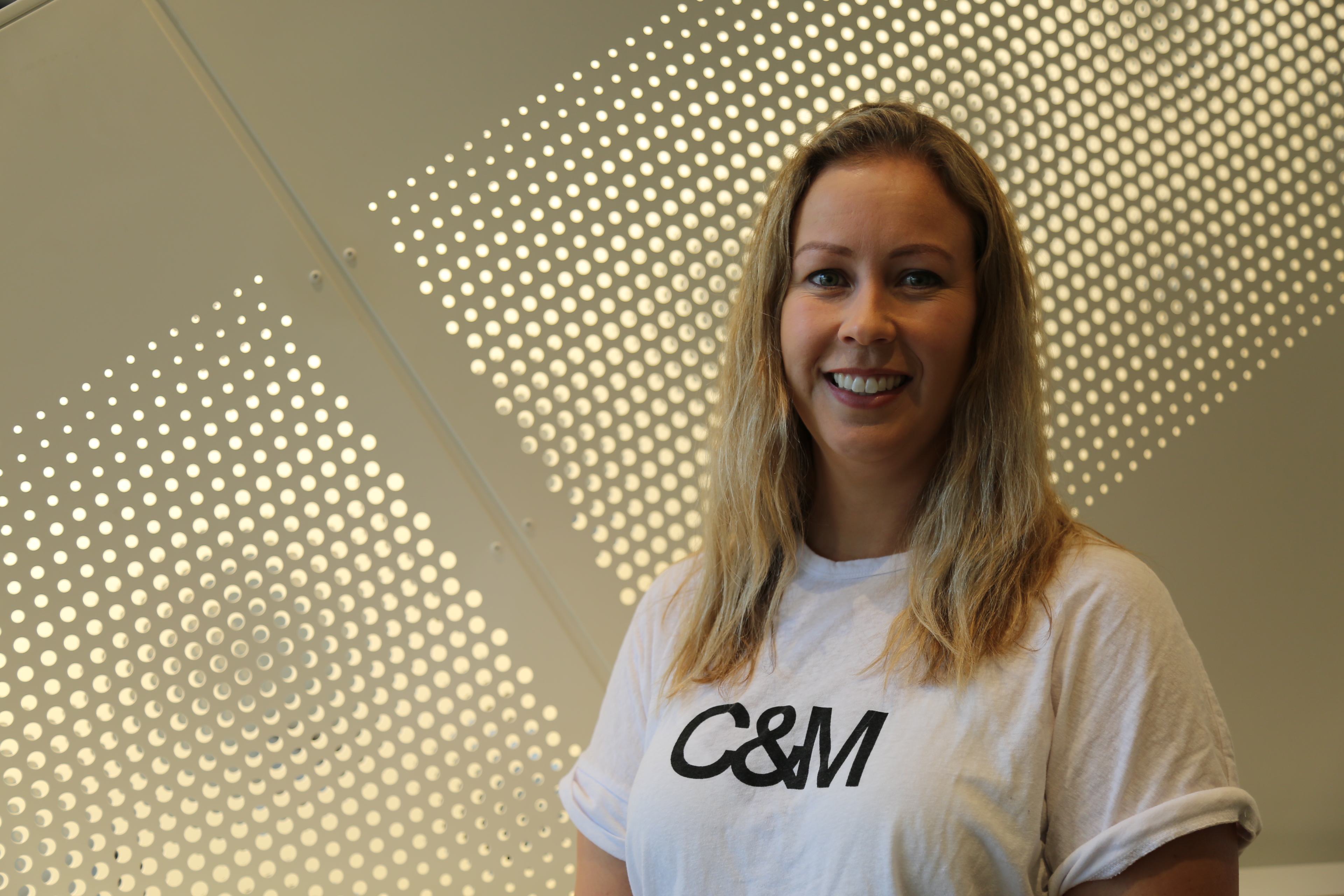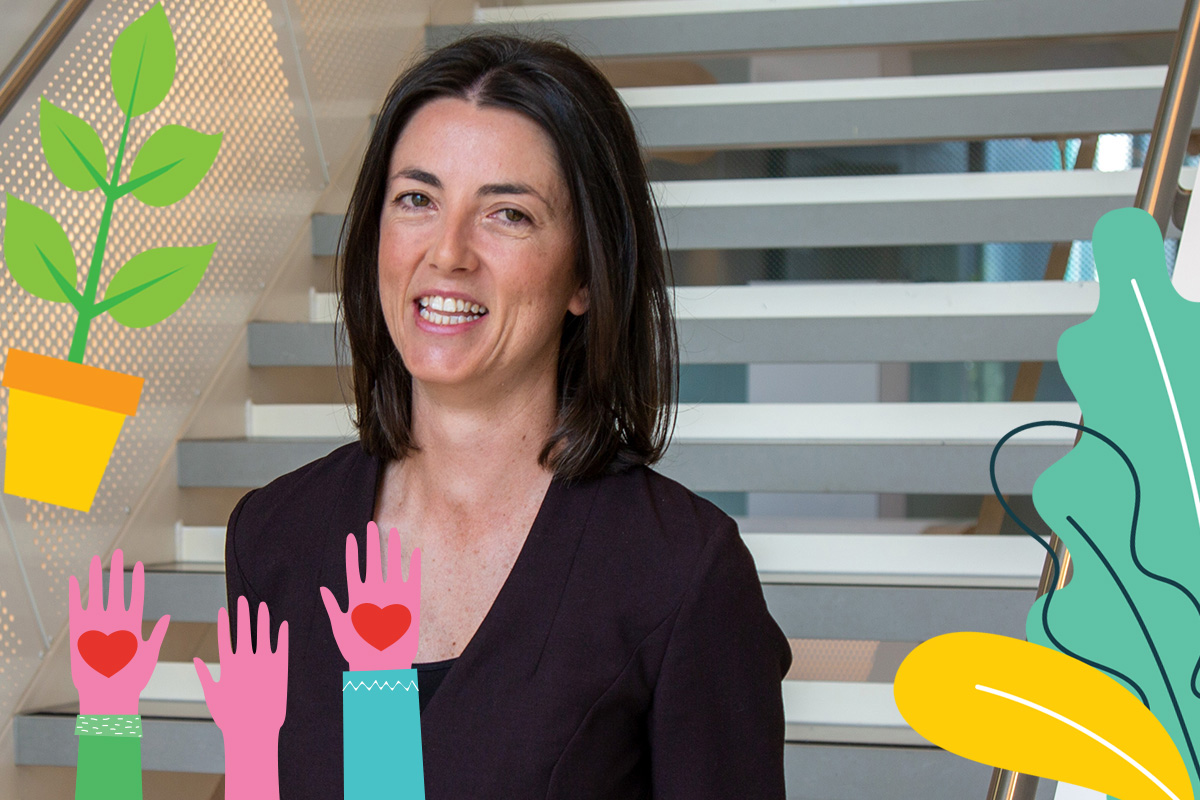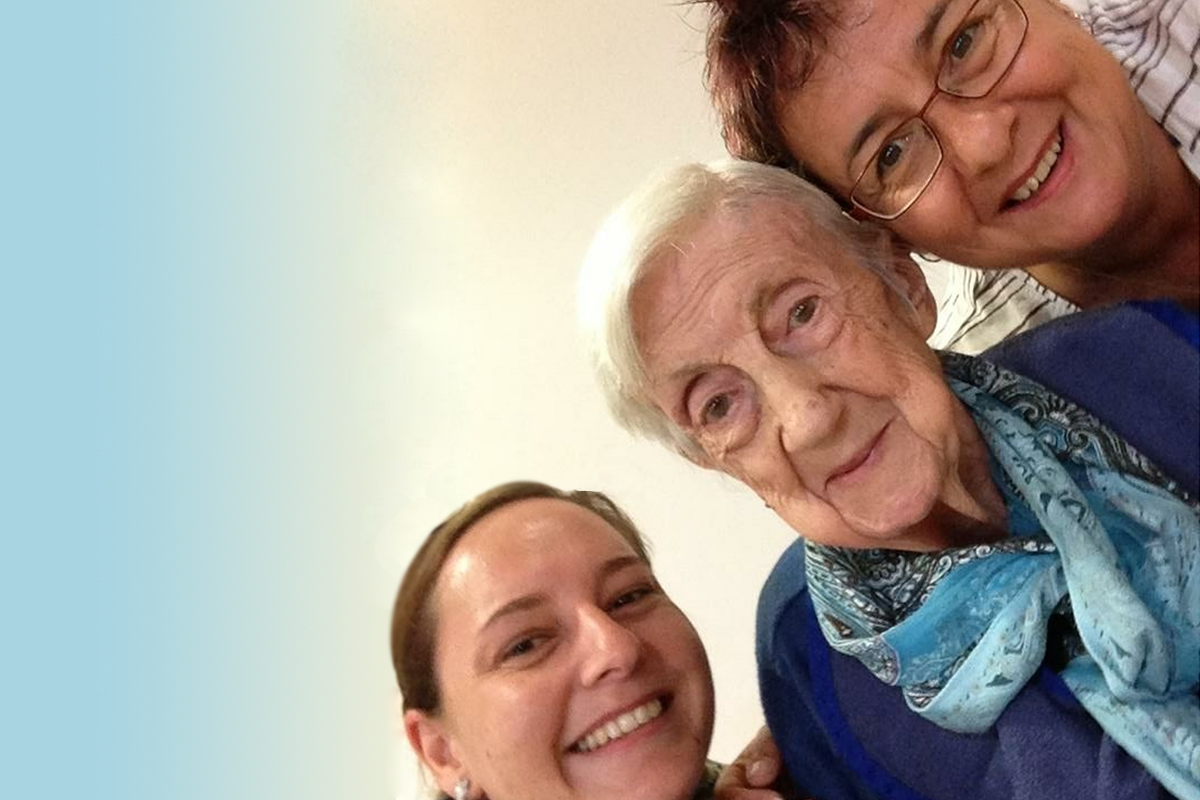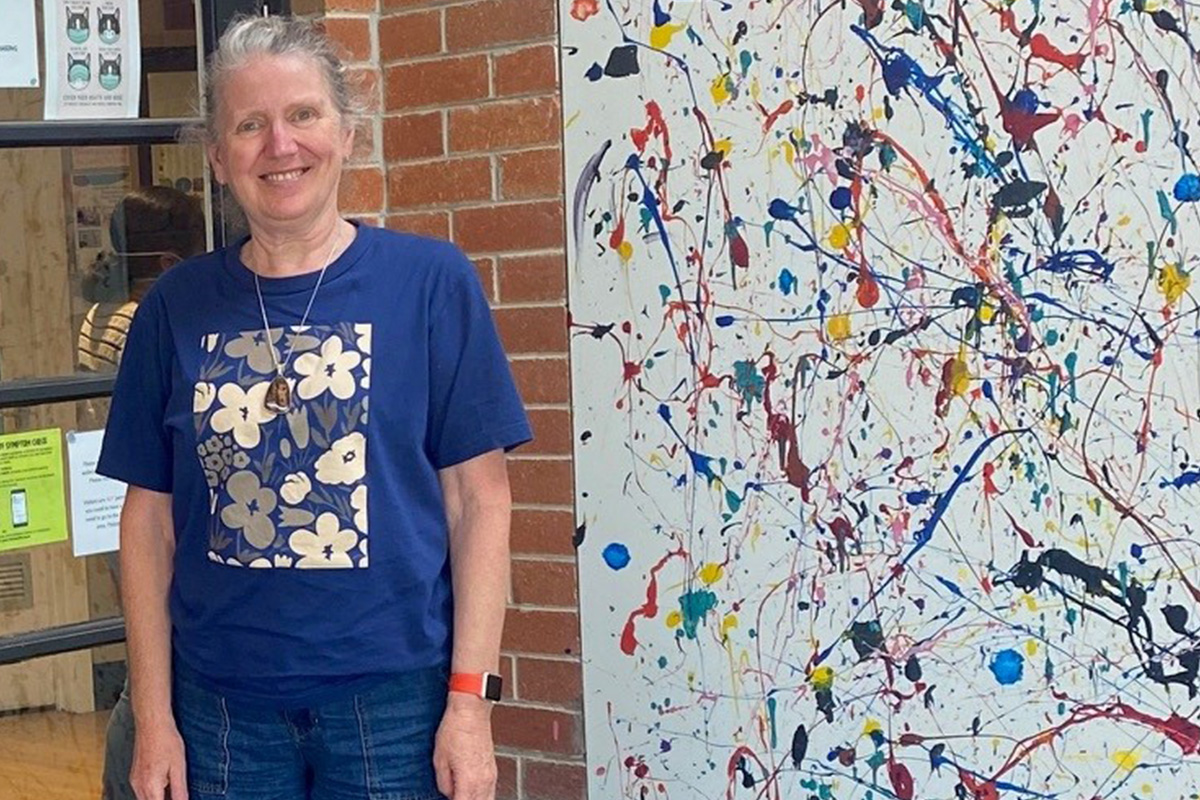
Sunshine Hospital ED and Royal Australian Air Force Reserve nurse Victoria Pearson
She’s volunteered as a firefighter since the age of 15, works as an ED nurse and has nursed in conflict and disaster hotspots since signing up with the Royal Australian Air Force Reserve just over 10 years ago. For all that, Victoria Pearson emits an air of calm.
‘I am pretty relaxed. I think I have a good poker face,’ Victoria says. ‘I think I learned that early in my nursing career.’
Victoria says that steady natures are common among nurses working in emergency departments. While many nurses are attracted to the idea of working in ED, there is a type of person who thrives there, she says. ‘You need to stay calm, think clearly and act appropriately.’
Victoria is a clinical nurse specialist and clinical nurse instructor at Sunshine Hospital where she has worked since starting her nursing career in 2005. She was drawn to join the Air Force in 2008 because the military is in her blood; both her brother and father were in the army.
Although the Air Force offers an undergraduate scheme to support civilians to study nursing, Victoria preferred to study nursing independently before deciding to take up a military life.
‘I think as an 18-year-old from the country I hadn’t really matured enough yet to know what I really wanted to do. I didn’t know if I wanted to do nursing.
‘I think I needed to know if nursing was my end-goal before I committed to the military.’
Victoria juggles her job at Sunshine Hospital and nursing with the Air Force Reserve, serving between 20-50 days annually with the Air Force, more when she is deployed internationally.
She has been deployed on operational service three times – the first time in 2015 to Vanuatu, post Cyclone Pam.
Victoria recalled ‘flying in and just seeing the utter devastation of a holiday destination that I’d been to a few years previously…There was not one leaf left on a tree and there were roofs and houses completely demolished.’
‘People were homeless but they’ve got a really strong community, so they look after each other.’
In 2017, Victoria was deployed to an Australian base in the Middle East region and spent six months as the senior nursing officer, providing primary healthcare, emergency response and aeromedical evacuation.
What she can say is it was hot – temperatures of 50°C were not uncommon; and the combination of heat and long hours were mightily fatiguing.
In 2018, the Air Force once again sent Victoria overseas, this time to a NATO base in Afghanistan, where she worked as an aeromedical liaison officer and nursed in the Role 2 NATO hospital emergency department.
Many people mistakenly believe the 18-year conflict in Afghanistan is over because it has all but disappeared from the headlines, Victoria says.
However, Afghan and US troops are still engaged in fighting against the Taliban’s control of the country, while Australia’s military role is now confined to supporting the NATO-led ‘train, advise and assist’ mission.
In September 2019, the BBC reported that an average of 74 men, women and children were killed every day in Afghanistan in the month of August alone – a total of 2307 people. A further 1948 were injured.
Firefighting on Black Saturday
Victoria grew up in Springfield in the Macedon Ranges Shire, about 85 kilometres north of Melbourne between Lancefield and Kilmore, and still volunteers with the Country Fire Authority (CFA) in the district.
On Black Saturday in February 2009, after working a morning shift at Sunshine Hospital, the CFA called her in during the afternoon to crew the night shift and lead the team on a fire truck going into the Kilmore East area.
Victoria’s team was tasked with ‘asset protection’ – saving houses and other buildings – but being surrounded by bushland, few could be preserved. ‘We knew things were bad and there were lots of burnt out vehicles and houses completely demolished,’ she recalled.
With hundreds of fires raging across NSW and Queensland, nobody is going to guarantee that Victoria will never again see fires of Black Saturday intensity but fire services have learnt from previous major fires, and improved technology and practices to both fight fires and keep firefighters safe, Victoria said.
As for her psychological wellbeing after years of trauma exposure, not to mention the ‘terrible abuse’ emergency services and nurses sometimes experience from ED patients, Victoria says she feels ‘OK after all I’ve done and seen’. She plays sport to unwind – formerly football, now netball.
‘I feel I was prepared for most things that have happened in my life. I’m not sure what will happen in the future, whether it (trauma) will come back to bite me.
‘I think we’re still working on how to debrief people and that didn’t exist when I first started.
‘I know lots of things happened when I was a junior nurse and you just got a pat on the back and a “you’ll be right”.’




